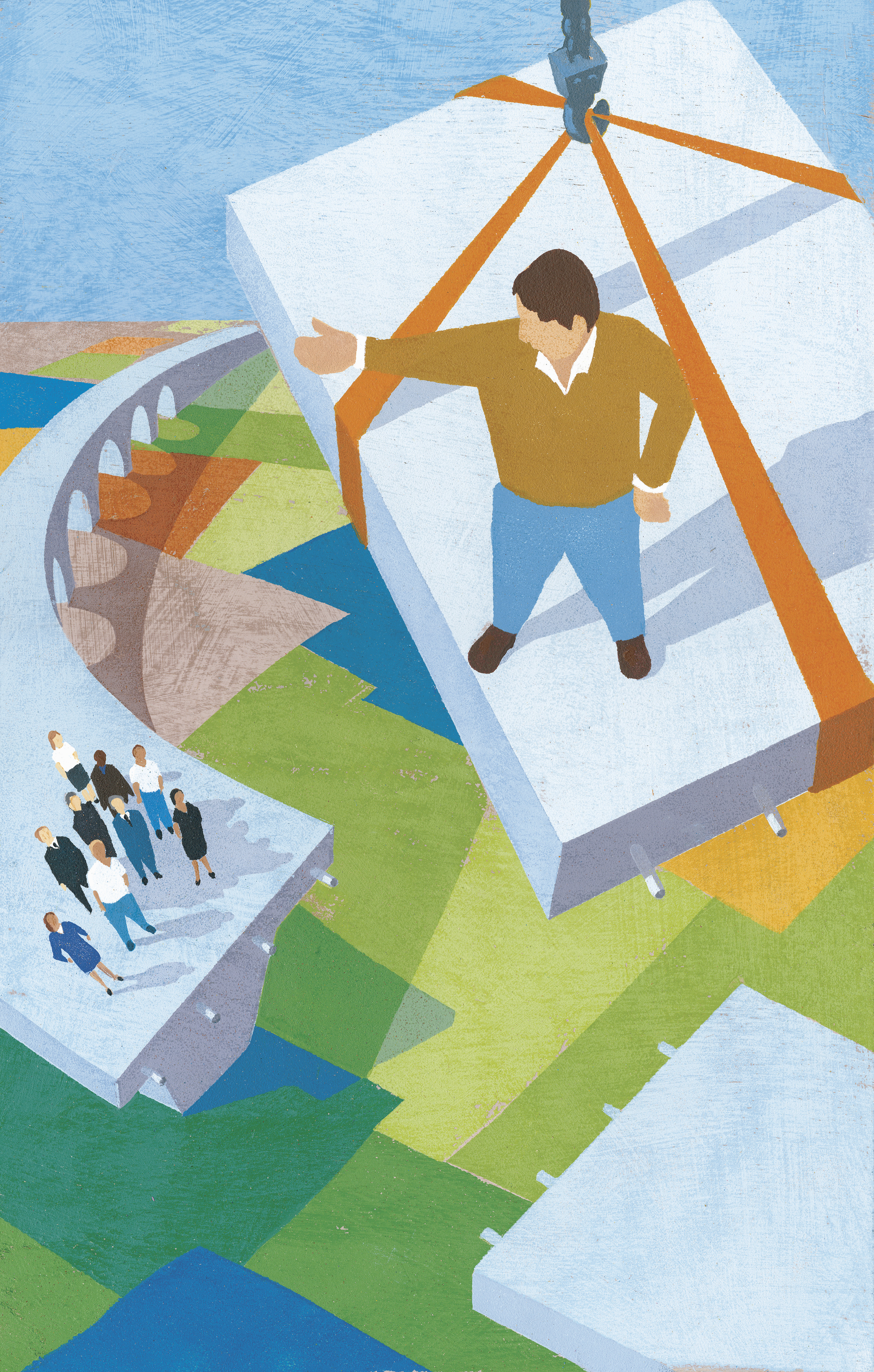Is inequality responsible for America's innovation gap?
The great strength of capitalism is its experimental problem solving, which is only undercut by inequality


A free daily email with the biggest news stories of the day – and the best features from TheWeek.com
You are now subscribed
Your newsletter sign-up was successful
Why have innovation and dynamism slowed down?
This is one of the biggest mysteries facing students of the economy. In his 2011 book The Great Stagnation, Tyler Cowen theorized that Western societies have already reaped the low-hanging fruit of technology gains. But as Ryan Avent argued, it seems premature to think we’ve already seen all the social and economic reorganization we’re going to get from paradigm-changing events like the internet.
Another possibility is that regulation is crimping entrepreneurs’ style. But Alex Tabarrok and Nathan Goldschlag of George Mason University just conducted a study that found little to no correlation between firm startup rates and the stringency of the regulatory code.
The Week
Escape your echo chamber. Get the facts behind the news, plus analysis from multiple perspectives.

Sign up for The Week's Free Newsletters
From our morning news briefing to a weekly Good News Newsletter, get the best of The Week delivered directly to your inbox.
From our morning news briefing to a weekly Good News Newsletter, get the best of The Week delivered directly to your inbox.
So where does that leave us? We should seriously consider the possibility that rising inequality is a big cause of the innovation slowdown.
As Seth Ackerman reported in a magisterial piece in Jacobin, analyses of Western capitalism and Soviet economies in the 20th century showed the main advantage of the former isn't the traditional economic concept of efficiency — the ability to allocate resources where they're needed, which it turns out both types of economies do about the same on — but its ability to foster problem solving. People are free to start up firms as they like; those firms can enter or leave the market at will; and capital is free to flow to or away from a firm based on its performance.
This turns capitalist free markets into giant laboratories of people engaged in trial-and-error experiments to solve all the myriad problems of human existence. And that’s why capitalist countries have enjoyed so much more prosperity than command-and-control economies: they have far more everyday access to vaccines, medicine, safe food, clean water, shelter, good infrastructure, electronics, entertainment, reliable electricity, trustworthy institutions, and the like. Think of capitalist wealth as the accumulated buildup of solutions to those human problems.
If trial-and-error experimentation is what we’re after, then we want to maximize the number and diversity of people who can engage in it. The more heads the better. We want to maximize the number of people with economic security, so they feel they can afford the risks of entrepreneurship and innovation. We want to maximize the distribution of leisure time, so people have the freedom to tinker. And we want to maximize access to the knowledge and resources that make that tinkering possible.
A free daily email with the biggest news stories of the day – and the best features from TheWeek.com
Think of pre-Apple Steve Jobs and his buddies messing around with computers in the garages of their upscale California suburb: They had the trifecta of income security, time, and resources.
But growing inequality has been taking us in exactly the wrong direction. The Organization for Economic Coordination and Development has concluded that rising inequality makes education and skills development harder for people down the income ladder to access. The center of gravity of consumption and investment has moved up the income ladder, squeezing more people at the bottom out of a stable income and to the ragged edges of the job market.
And as the economy stretches out, insecurity rises even for the middle: Since 1979, roughly half of U.S. households have seen their income rise or fall by 25 percent in any given two-year period. A full 70 percent of households face major challenges in at least one of three categories: savings, debt, or sufficient income.
Even more perversely, leisure time for workers with a high school education or a four-year college degree has plateaued or fallen since the 1980s. It’s collapsed for those with postgraduate degrees, as even people in the upper class work ever harder to keep pace. Meanwhile, leisure time has shot up for people with less than a high school education.
Our economy is giving some people lots more time, but little job security or access to knowledge and resources. It’s giving others the security and the resources, but little of the time.
Finally, aggregate demand in the economy is the raw material innovators and entrepreneurs need to turn their idea into an actual, functioning business. The less widely distributed purchasing power is in the economy, the less demand for different experiments.
If we want more innovation and dynamism, then we need to democratize the ability and opportunity to innovate. But over the last three decades, we've been doing the opposite.
Jeff Spross was the economics and business correspondent at TheWeek.com. He was previously a reporter at ThinkProgress.
